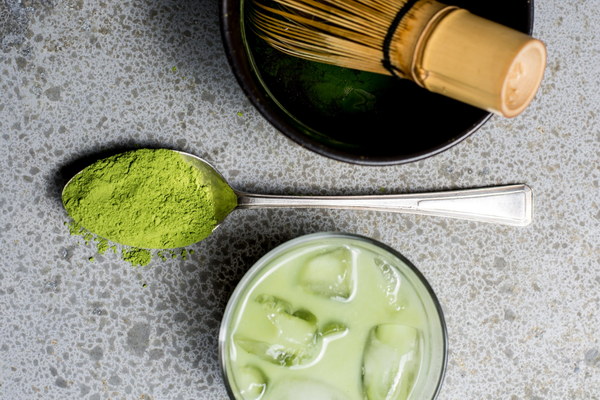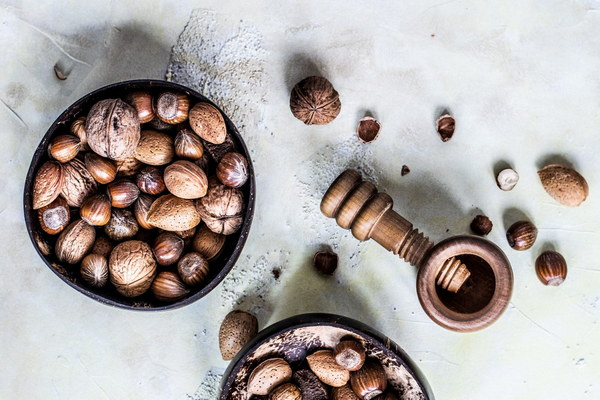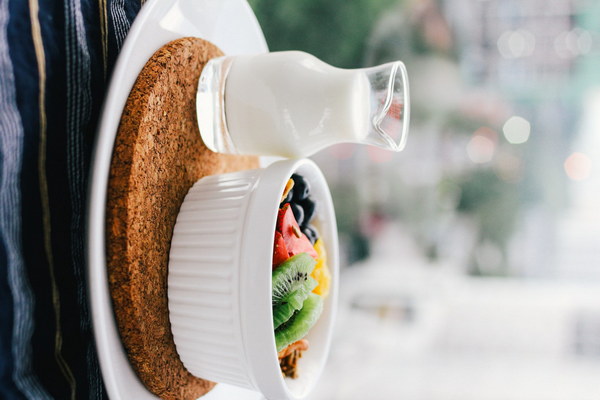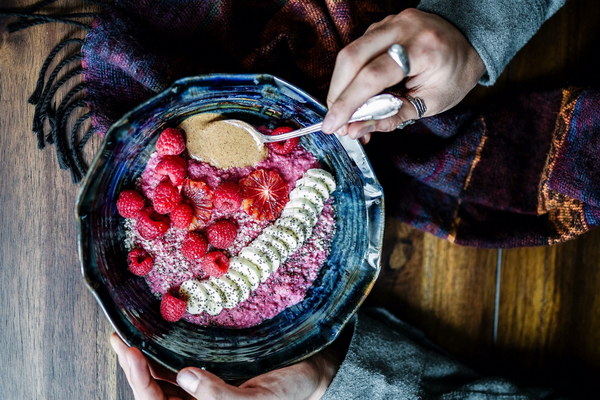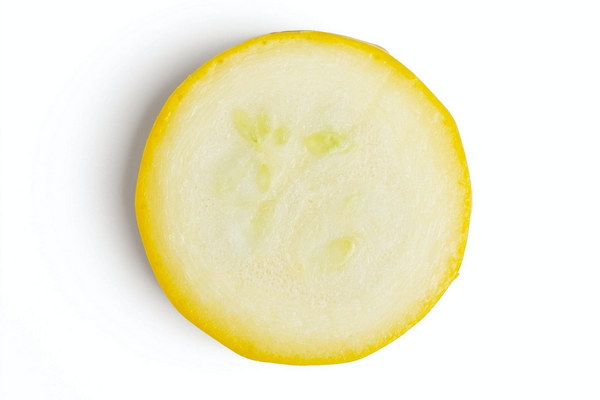Nurturing Your Baby's Health A Comprehensive Guide to Food Supplements for Anemia
Introduction:
Anemia is a common condition in babies, characterized by a lack of healthy red blood cells. This can lead to a range of symptoms, including fatigue, weakness, and shortness of breath. While medical treatment is essential, food supplements can also play a significant role in addressing this condition. This article provides a comprehensive guide to food supplements that can help combat baby anemia, ensuring your little one receives the necessary nutrients for optimal health.
1. Iron-rich foods:
Iron is a crucial nutrient for the production of red blood cells. Including iron-rich foods in your baby's diet can help combat anemia. Some excellent sources of iron include:
- Iron-fortified cereals: Start by introducing iron-fortified cereals as your baby's first solid food.
- Lean meats: Chicken, turkey, and lean beef are excellent sources of iron.
- Pork: Pork liver is particularly rich in iron, but it should be introduced in moderation.
- Fish: Fish such as salmon, trout, and sardines are good sources of iron.
- Legumes: Beans, lentils, and chickpeas are great plant-based sources of iron.
2. Vitamin C-rich foods:
Vitamin C enhances iron absorption, making it an essential nutrient in the battle against anemia. Incorporate these vitamin C-rich foods into your baby's diet:
- Berries: Strawberries, blueberries, raspberries, and blackberries are high in vitamin C.
- Citrus fruits: Oranges, grapefruits, and tangerines are excellent sources of vitamin C.
- Tomatoes: Fresh or cooked tomatoes are a good source of this essential vitamin.
- Peppers: Red, green, and yellow peppers are rich in vitamin C.
- Leafy greens: Spinach, kale, and collard greens contain vitamin C.
3. Vitamin B12 and folate:
Vitamin B12 and folate are essential for red blood cell production. These nutrients can be found in the following foods:
- Fortified cereals: Many cereals are fortified with B12 and folate.
- Fortified plant milks: Look for plant milks fortified with B12 and folate.
- Fortified nutritional yeast: This is a staple in many vegan diets and is high in B12.
- Fortified tofu: Tofu can be a good source of B12 when fortified.
- Leafy greens: Spinach, kale, and collard greens contain folate.
- Legumes: Beans, lentils, and chickpeas are good sources of folate.
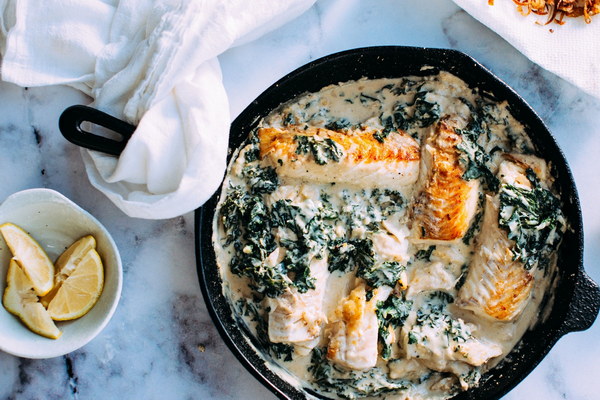
4. Folic acid supplements:
In some cases, folic acid supplements may be recommended to help combat anemia. Consult with your pediatrician before starting any supplement regimen.
5. Dark leafy greens:
Dark leafy greens, such as spinach, kale, and collard greens, are rich in iron, calcium, and magnesium, which can help improve overall bone and blood health.
6. Prunes and prune juice:
Prunes and prune juice are high in iron and fiber, making them excellent choices for babies with anemia. However, it's essential to introduce these foods in moderation, as they can be quite sweet.
Conclusion:
Food supplements can play a crucial role in addressing baby anemia. By incorporating iron-rich foods, vitamin C-rich foods, vitamin B12, folate, and dark leafy greens into your baby's diet, you can help ensure they receive the necessary nutrients for optimal health. Always consult with your pediatrician before making any significant changes to your baby's diet or starting any supplement regimen.
